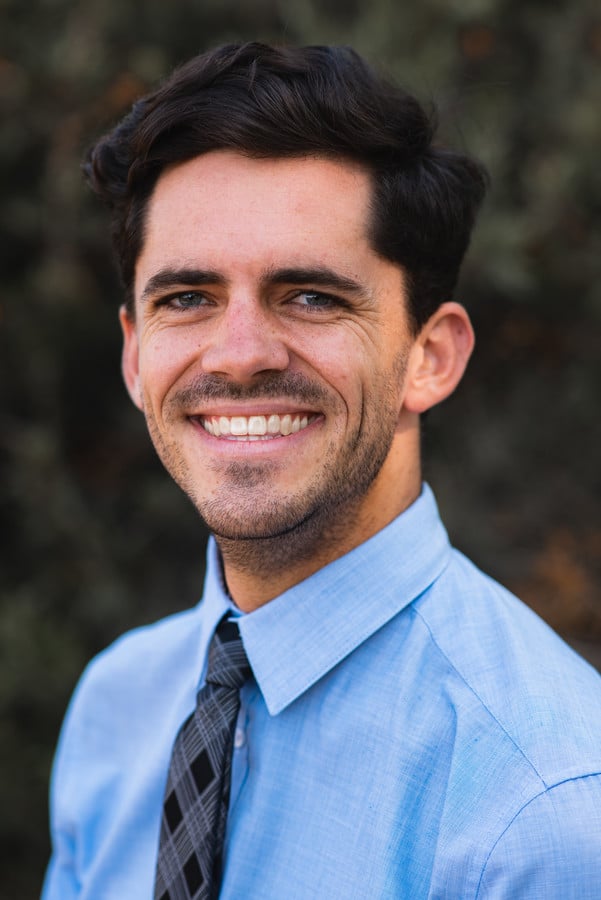College research can be an overwhelming endeavor for many students. Equally challenging for parents and guardians in search of a safe place to send their teen to college. In this blog, our Diversity, Equity & Inclusion team is sharing insight on how state and local laws can drive your college research process.
The weight of the world feels heavy, challenging, and stressful. Even as we work with current high school seniors preparing numerous college applications, we’re already looking ahead with our current juniors who are diving into college research and college list-building. One of the priorities we emphasize at Collegewise is building a college list that meets the wants and needs of each student while also ensuring multiple college options in the Spring of senior year. We strategize list-building in numerous ways with our students, but we always find ourselves reiterating to students that they should be applying to institutions where they know they will be happy, healthy, and supported. There are enough schools in the nation that students can afford at least that much selectivity, even among the most competitive institutions.
As state and local laws begin to diverge more on controversial topics, this more often includes considering how the policies enforced in a school’s location may impact a student’s experience on that campus. This article will focus solely on considerations of state and local laws and how they may impact a student’s particular experience on college campuses, primarily at public institutions throughout the country. This will not be a discussion of the laws themselves. We will cover some of the policy topics that have most frequently affected students’ list-building, but our list is not exhaustive: students are all different, with unique interests and needs, and the laws that might affect one student’s opinion may not have the same impact on another. Moreover, some students who are not directly affected by policy decisions may still consider those policies in choosing where to go to school because of their own desire to spend college in a place that reflects their own ideologies and values.
College Campuses Allowing Concealed Weapons
Regardless of your stance on gun control, it is a statistical fact that mass shootings are increasingly common in the United States. With that said, there are a handful of states that allow citizens to carry concealed weapons on the grounds of their public institutions. Some of these states have certain restrictions or exceptions (i.e., the policy only extends to staff members, military members, or veterans, or that students must take a safe handling course), while others do not have bans in place. The following are states that do not ban weapons on college campuses:
- Arkansas
- Colorado
- Georgia
- Idaho
- Kansas
- Mississippi
- Oregon
- Tennessee
- Texas
- Utah
- Wisconsin
There is just about an even split between states that either leave it up to the college or university to decide on-campus carry rules and the other half that prohibits campus carry. As always with college research, students should reflect on how they envision their campus environment. Do they want to attend a college where guns aren’t allowed on campus at all, or are they okay with a potential floormate (or even roommate) who has a weapon in their possession in the residential hall community?
College Students & Bodily Autonomy
The Centers for Disease Control and Prevention (CDC) confirms that Americans between the ages of 18 and 29 are the most sexually active group in the nation. The first four years of that age range are the four years that most students will spend in college, so reproductive policy is particularly relevant to many college students. According to the National Institutes of Health, millions of college students experience unplanned pregnancies each year. While the female students are the ones most directly impacted, reproductive policy is relevant to the lives of the male students involved in those unplanned pregnancies. College-bound students are aware of these realities, and it is increasingly common for students to think about how local laws and practices affect the state of abortion access and female bodily autonomy when considering where they might want to attend college.
Equity & Inclusion on College Campuses
A majority of higher education institutions value and prioritize their support for students of all backgrounds and experiences. Many students choose their colleges in the hopes of meeting not only people with similar interests, but also to expose themselves to peers of different viewpoints and perspectives that challenge their own ways of thinking.
With that said, there are 18 states that have banned the idea of Critical Race Theory or any content that encourages “divisive concepts” in the classroom. It goes unsaid that this type of policy disproportionately impacts students of minoritized or marginalized backgrounds and experiences. Although for many of the states, these policies don’t necessarily impact the college classroom, they certainly impact the student culture, campus environment, and surrounding community.
Most colleges and universities in the country are Predominantly White Institutions (otherwise known as PWIs), meaning that white students make up the majority of the student population. Attending a public PWI in one of the states that have banned Critical Race Theory is less attractive to some students, regardless of identity, because some believe that this curricular restriction would mean missing out on a vital piece of the college educational experience. For students with marginalized racial/ethnic backgrounds, it may also be important to evaluate whether policies like these would be conducive to an environment where you’d feel represented and/or supported. And even if that campus has a higher proportion of students who share your racial or ethnic identity, students can do more to look into and research the culture of equity and inclusion at specific schools
Gaining In-State Residency
Alright, now here is one that I know everyone will care about - let’s save some money! If you’re looking at various public colleges and universities in your search, one consideration might be how easy (or not) it is to gain state residency for tuition purposes. Each state will likely have its own rules and regulations, so doing this research ahead of time will help ensure that you have not only multiple college options, but options where you can potentially save some money in the future.
There will be some states that require a specific amount of time that a student resides in the state. Others may require a student to fall within a certain age range, or that a student files their own taxes independently and is not claimed as a dependent on their parent or guardian’s tax filings. Depending on how your college search shapes up, it might be worth planning ahead in your college options to see what schools (and states) would grant state residency and, thus, more affordable, in-state tuition.
There are also various regional student exchange programs that include tuition reciprocity agreements. Tuition exchanges and reciprocity agreements are programs that allow students to attend college in a nearby state at a lower cost than the standard non-resident fee. Each reciprocity program varies in policy, and some have specific eligibility requirements and conditions for students benefitting from the program, but the general function is always the same: students can get a more affordable education in a nearby state if they are accepted to a participating program. The four major tuition exchange programs are the Western Undergraduate Exchange (WUE), the Midwestern Student Exchange Program (MSEP), the Academic Common Market (ACM), and the New England Regional Student Program (RSP).
Gaining In-State Residency
These are just a handful of state and local policies that may impact your college search. Doing thoughtful college research is more than just making sure your college offers the major you’re looking for or falls within the geographic parameters you may set- it may also include reading up on the policies and laws that govern your university. Students, as you think about the role of “fit” in your college search, think about the communities and environments that you want to be a part of and where you’ll thrive (both in and out of the classroom).
About Us: With more than twenty years of experience, Collegewise counselors and tutors are at the forefront of the ever-evolving admissions landscape. Our work has always centered on you: the student. And just like we’ve always done, we look for ways for you to be your best self - whether in the classroom, your applications, or the right-fit college environment. Our range of tools includes counseling, test prep, academic tutoring, and essay management, all with the support of our proprietary platform, leading to a 4x higher than average admissions rates.



/Blog%20CTAs%20(7).png?width=600&height=200&name=Blog%20CTAs%20(7).png)



